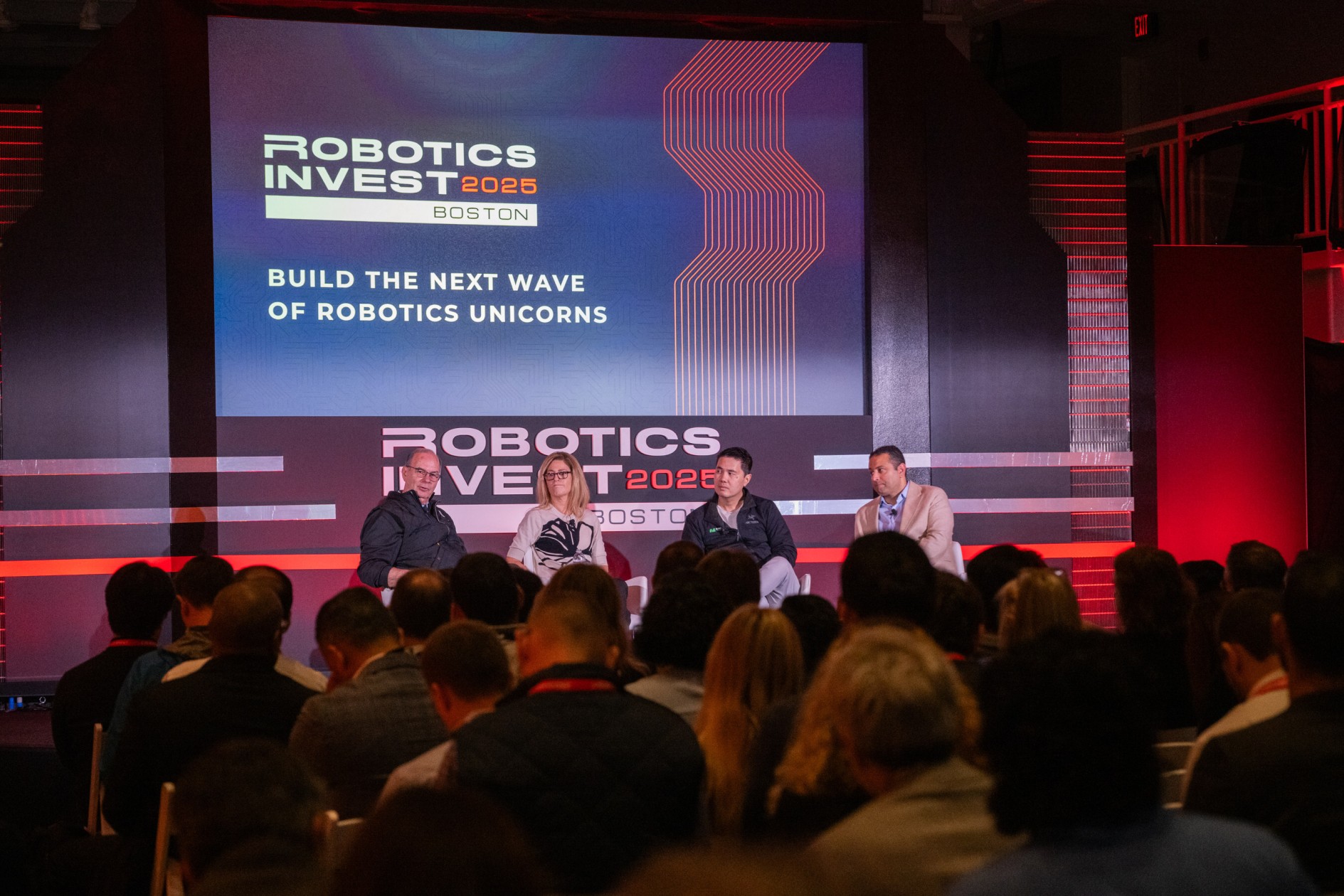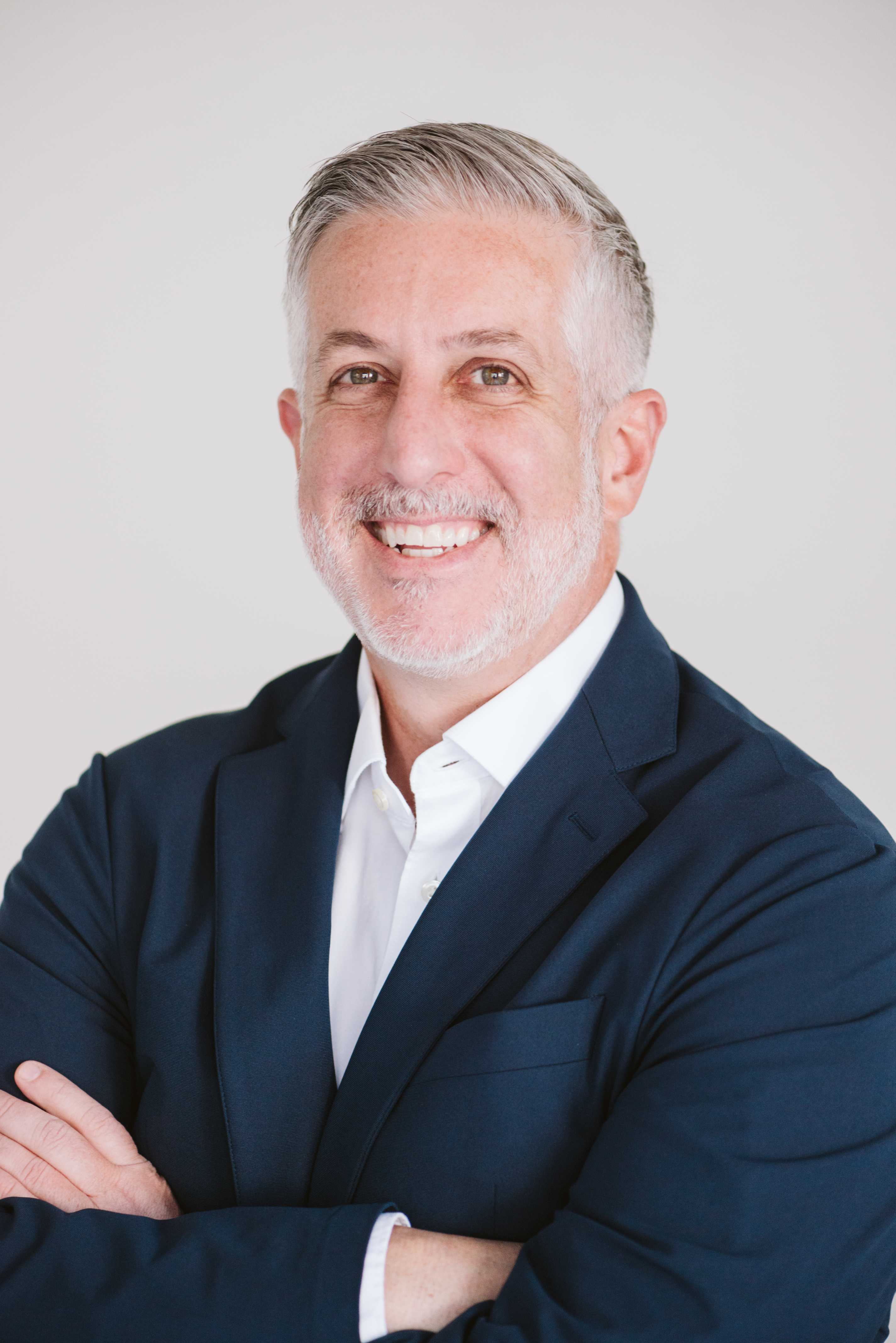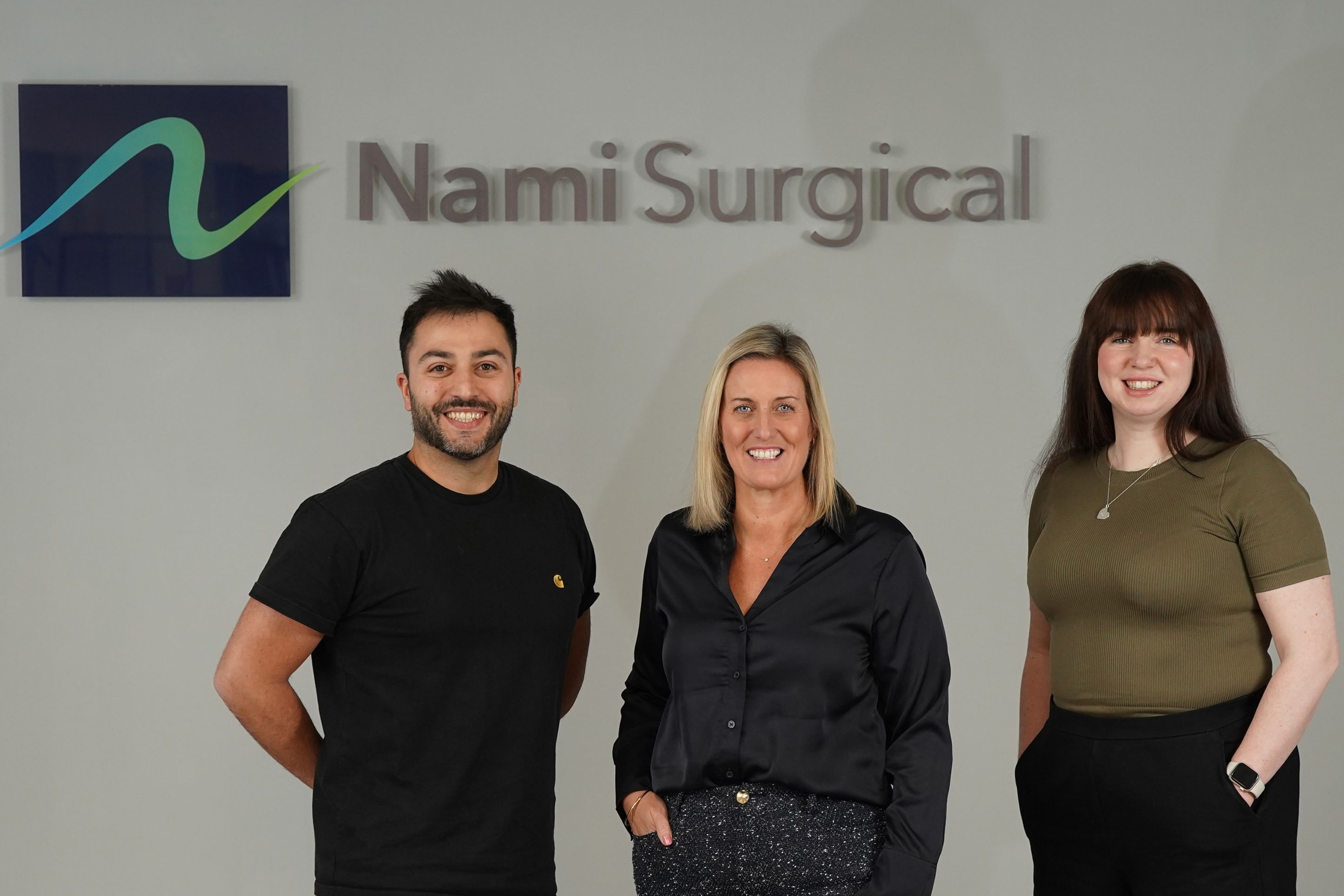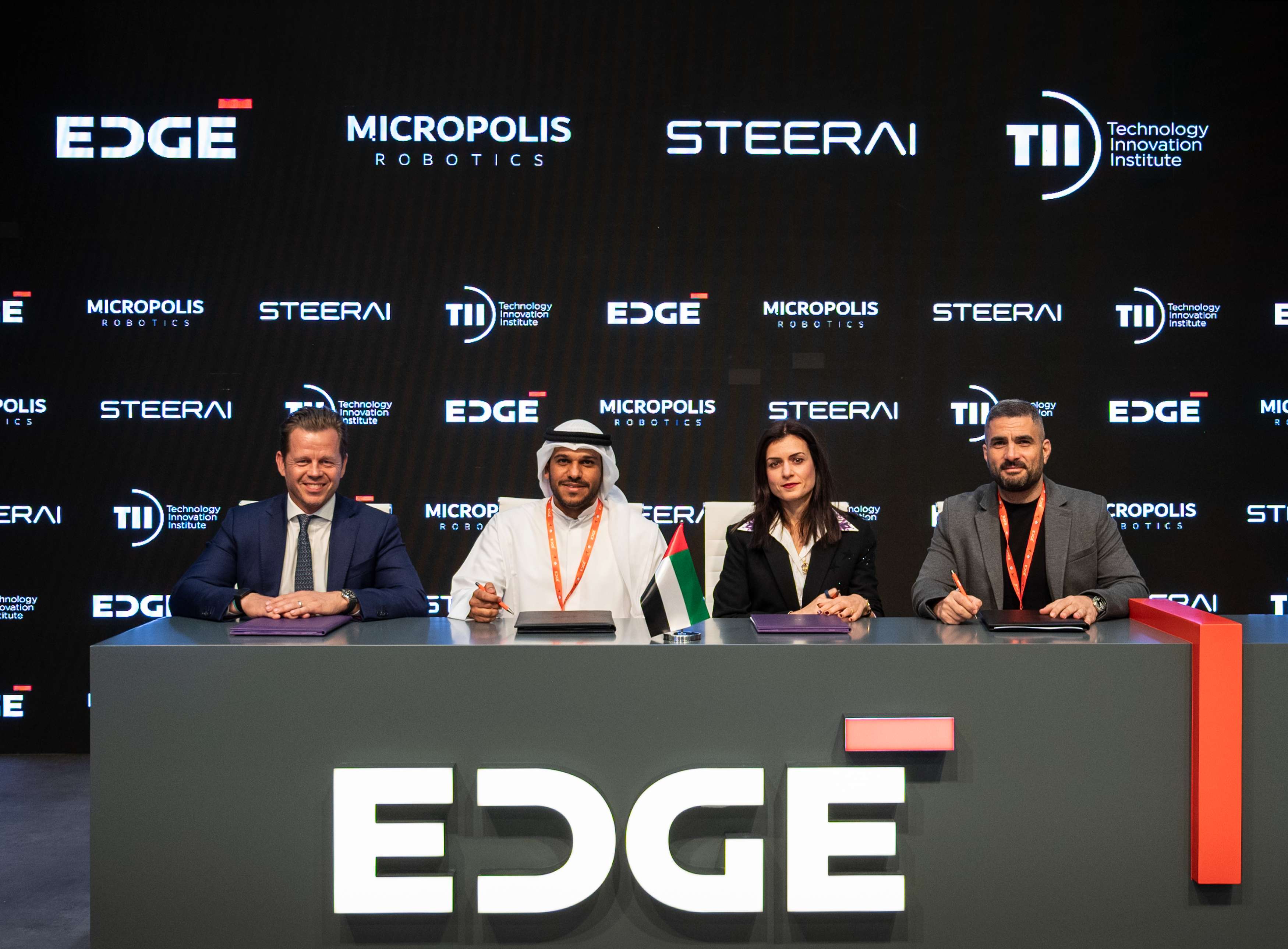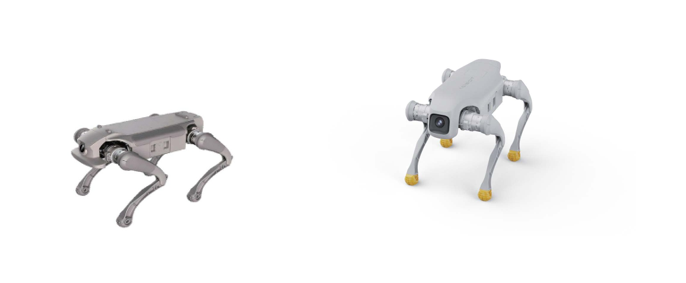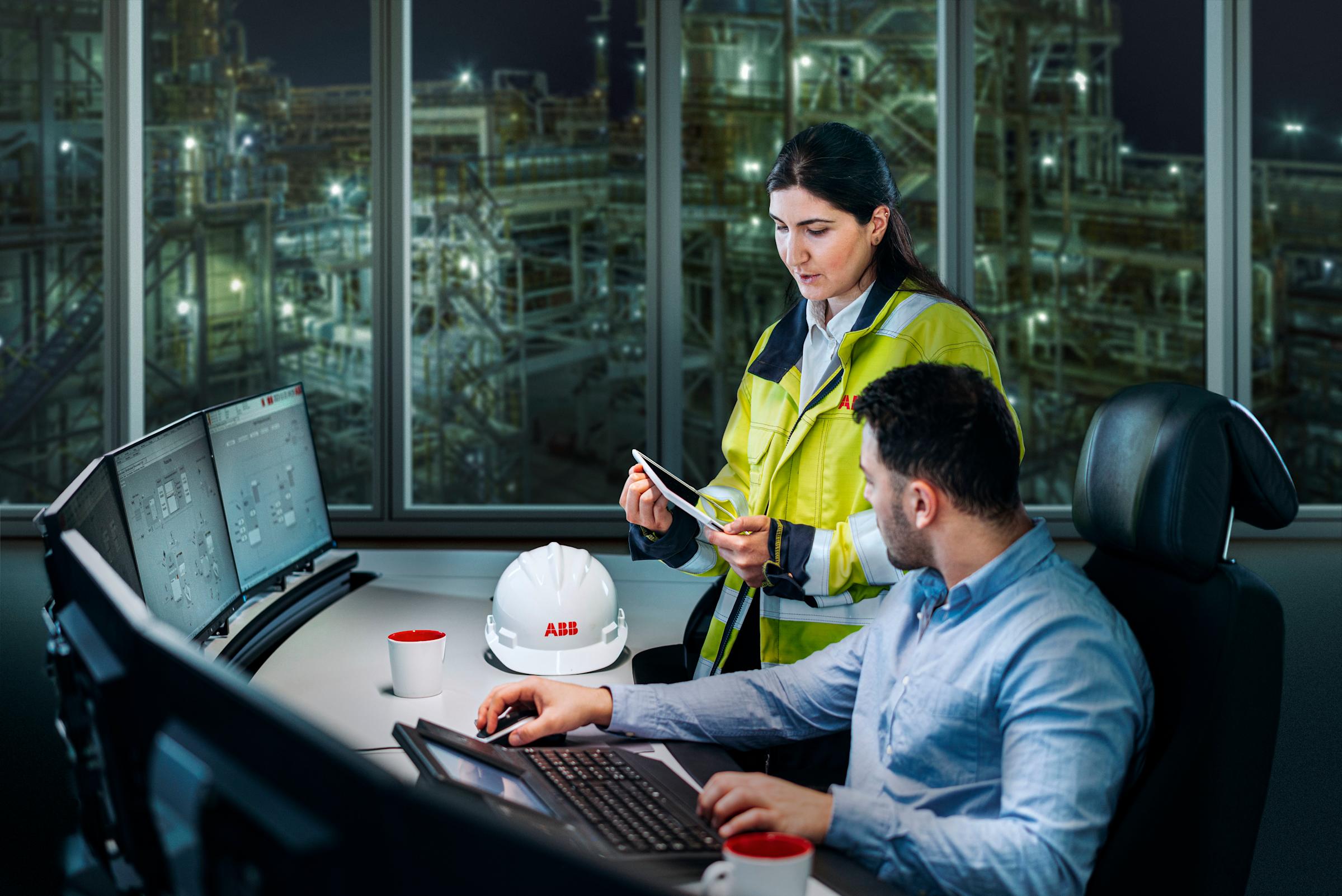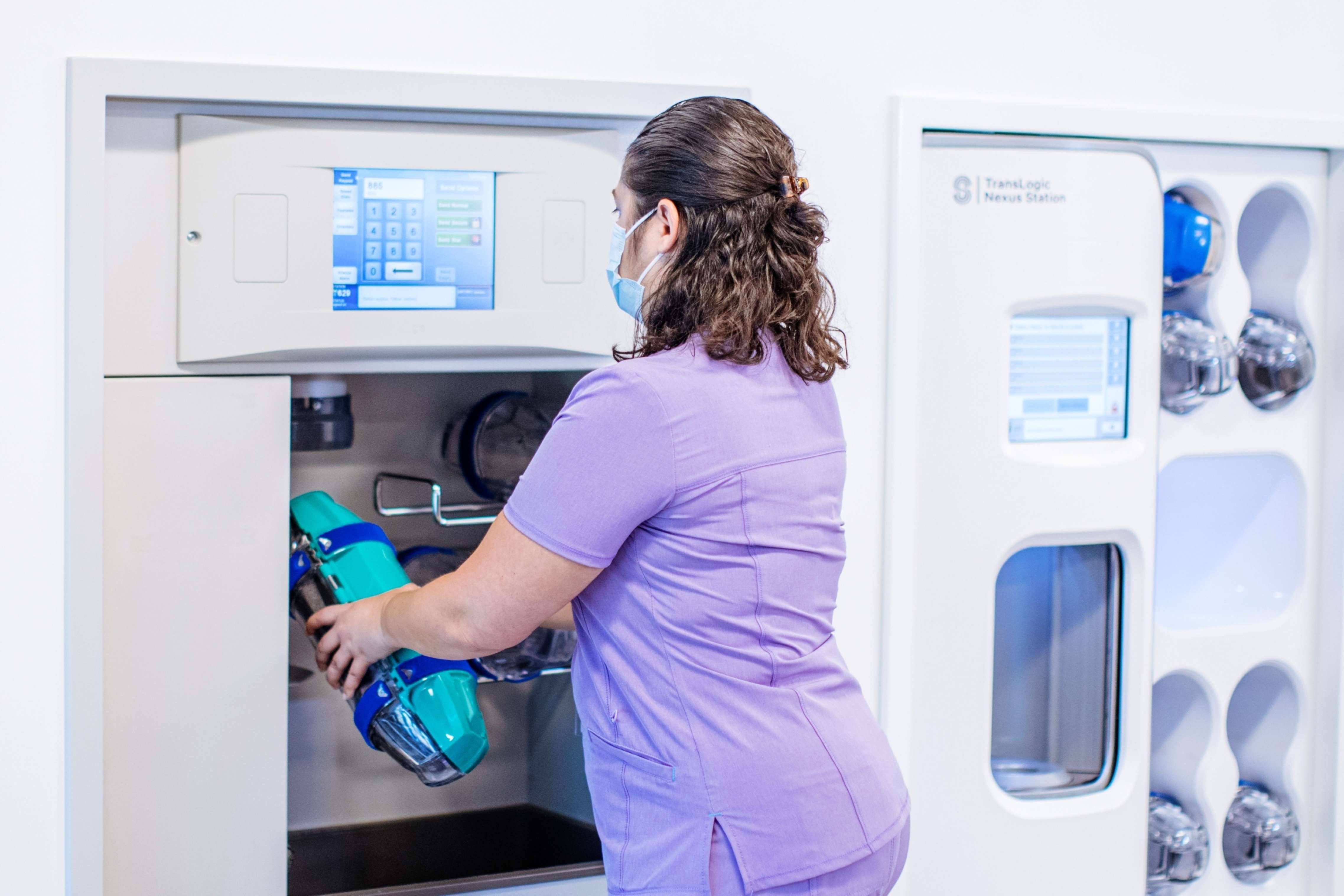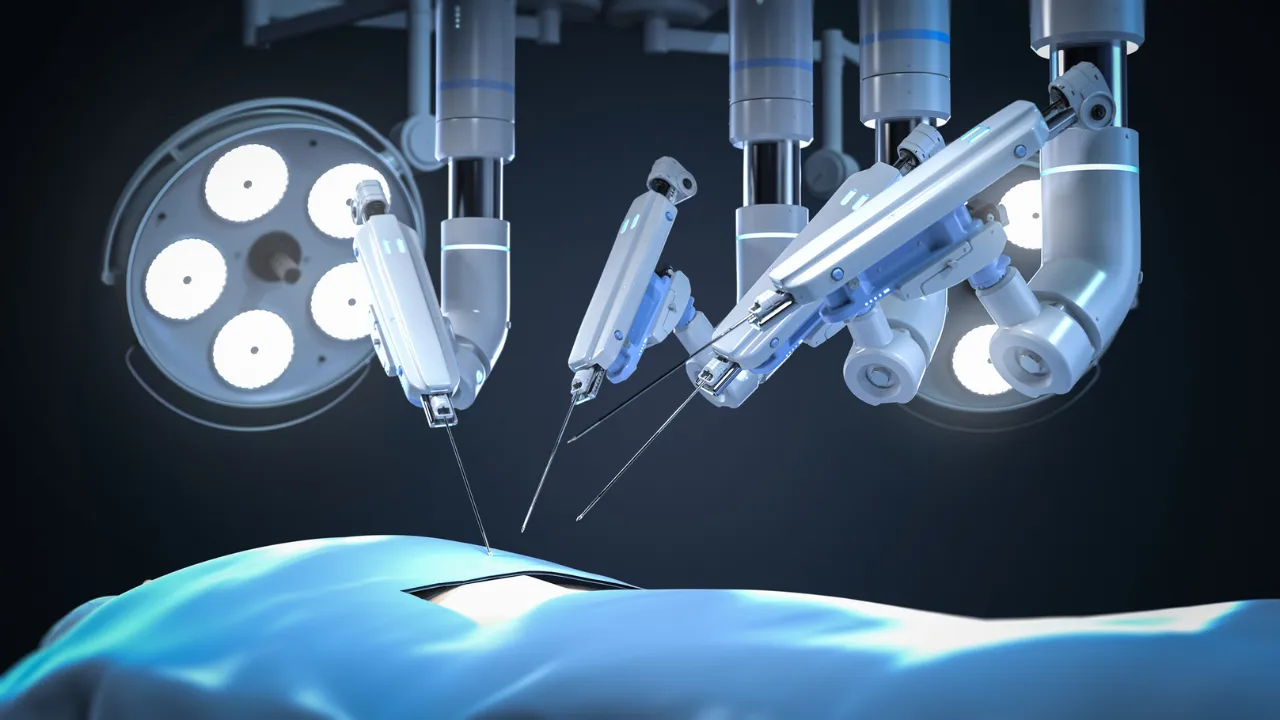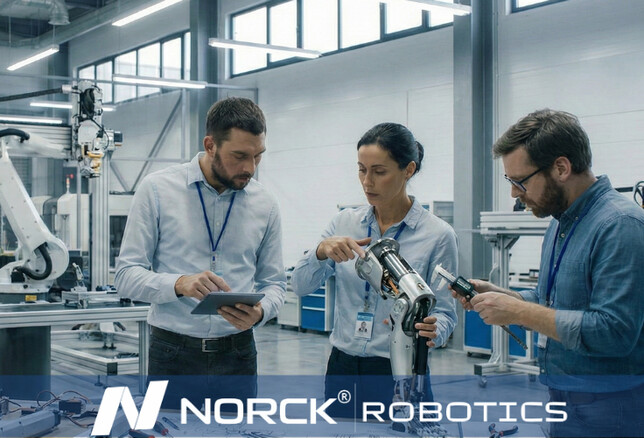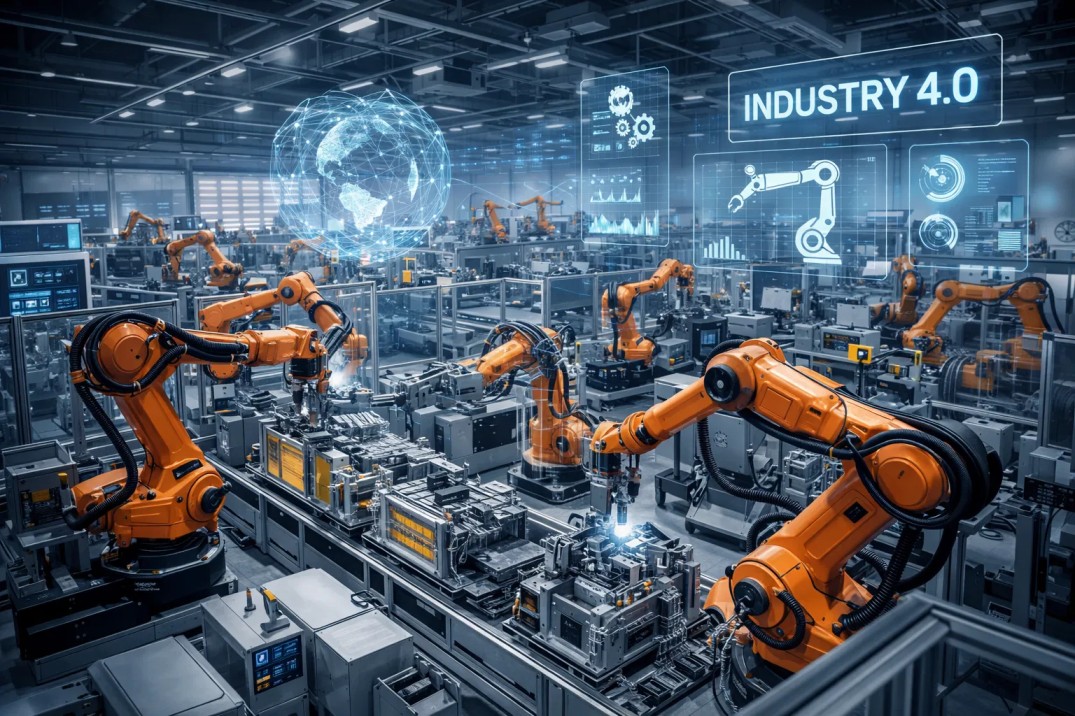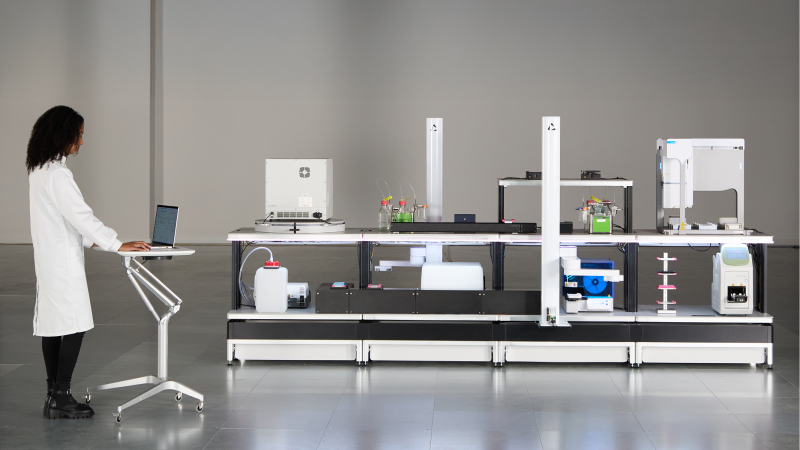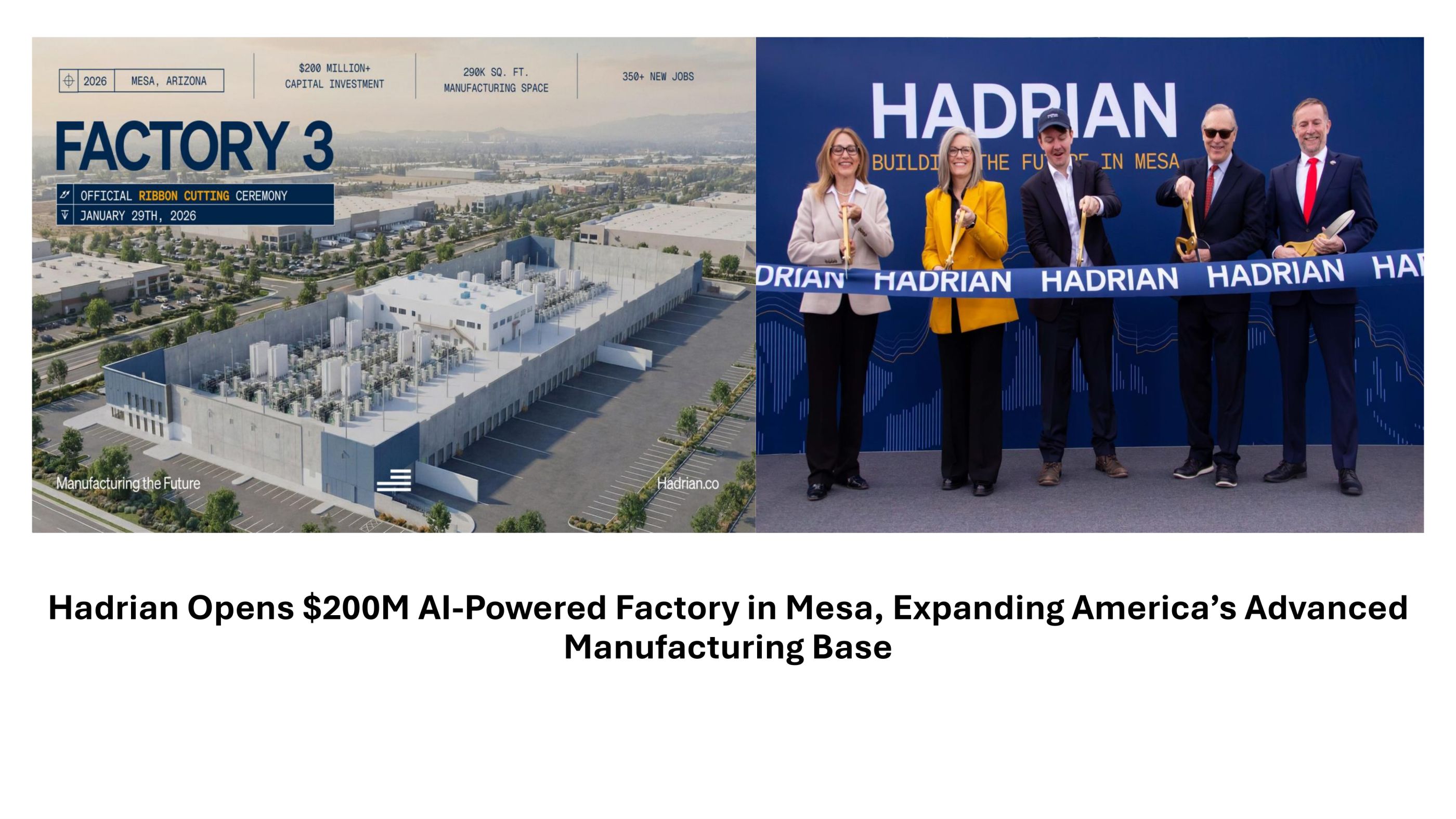Neurowatt CEO Peter Lu on Driving AI, Robotics, and Automation Infrastructure Across Asia-Pacific
11 September 2025 | Interaction | By Editor Robotics Business NEWS <editor@rbnpress.com>
In an exclusive interview with Robotics Business News, Peter Lu, Founder & CEO of Neurowatt, shares insights into partnerships, hybrid GPU models, and global expansion strategies driving the future of AI-powered infrastructure.
In an exclusive conversation with Robotics Business News, Peter Lu, Founder & CEO of Neurowatt, discusses how the company is shaping the future of AI infrastructure. From strategic partnerships with Tedia Technology and Viettel to hybrid GPU models, compliance-driven architectures, and global expansion, Lu shares how Neurowatt is building a resilient backbone for AI, robotics, and automation across the Asia-Pacific and beyond.
Robotics Business News (RBN): How do the partnerships with Tedia Technology and Viettel align with Neurowatt’s broader mission to scale AI infrastructure across the Asia-Pacific region?
Peter Lu: Neurowatt’s partnerships with Tedia Technology and Viettel exemplify its strategic blueprint and execution roadmap for scaling AI infrastructure deployment across the Asia-Pacific region.
From a strategic collaboration perspective, these two partnerships highlight Neurowatt’s dual-track approach in key application scenarios:
- In collaboration with Tedia, Neurowatt is pioneering a new AI-driven smart retail model, fully digitizing everything from front-end customer experience to back-end operational workflows, accelerating the transformation of traditional retail into intelligent retail.
- With Viettel, Neurowatt is deploying an advanced high-performance computing (HPC) platform to empower Viettel as the first telecom operator in Vietnam capable of nationwide AI operations. This showcases how AI and cloud infrastructure can fuel large-scale enterprise digital transformation and incubate new business models.
On the front of regional impact expansion, Tedia and Viettel represent consumer-facing and enterprise-facing scenarios respectively within the APAC market, spanning two high-potential industries — retail and telecommunications. This underscores Neurowatt’s strong adaptability and proven execution capabilities.
By partnering with these leading companies, Neurowatt has not only validated the flexibility and scalability of its platform but also reinforced its role as a key AI infrastructure provider. This collaboration lays a solid foundation for building a decentralized, scalable, and compliant AI infrastructure network, further accelerating Neurowatt’s momentum toward the next phase of growth in the Asia-Pacific market.
Robotics Business News (RBN): How is the collaboration with Tedia Technology transforming traditional beverage retail into AI-driven operations?
Peter Lu: Neurowatt and Tedia Technology are jointly driving digital transformation in the retail industry by deeply integrating cloud-based AI with edge IoT devices—empowering each store with an intelligent "digital brain."
Through digital twin technology, the system enables real-time synchronization between the physical environment and its cloud-based model, delivering intelligent perception and decision-making. Coordinated via Neurowatt’s computing platform, device operations are optimized to significantly boost overall efficiency.
This innovative architecture shifts retail from a labor-intensive model to a data-driven ecosystem, turning repetitive tasks into scalable AI assets that power sustainable growth. The fully digitized workflow—spanning ordering, production, and supply chain management—enables agile, responsive operations. By analyzing customer behavior through machine learning, businesses can elevate service experiences and strengthen brand loyalty. Continuous data accumulation builds rich customer profiles, fueling smarter product development and more targeted marketing strategies.
On the sustainability front, intelligent management helps reduce energy consumption and food waste—supporting green retail practices and aligning with ESG and sustainability goals. This collaboration not only marks a successful deployment of advanced technology, but also showcases a blueprint for the future of smart, sustainable retail.
Looking ahead, we are committed to advancing in three strategic dimensions:
- Deep: Continuously refine AI algorithms to enhance personalization and interactivity, enabling more precise decision-making and smarter business operations.
- Augment: Integrate IoT, computer vision, and machine learning to scale intelligent scenarios and achieve full automation and smart management.
- Broad: Expand into domains like smart dining, smart cities, and intelligent logistics—building a connected, intelligent retail ecosystem that supports industry upgrades and cross-sector innovation.
Robotics Business News (RBN): What specific AI capabilities is Neurowatt providing to Viettel, and how do these enhance their services?
Peter Lu: Neurowatt provides Viettel with a GPU compute orchestration platform and a suite of enterprise AI solutions, adaptable across sectors such as finance, biotechnology, and industrial scheduling.
Our proprietary technologies and core architecture enable the deployment of cross-domain, customized AI agents. Integrated with Viettel’s mature container orchestration platform, Neurowatt’s solutions enhance both scalability and operational efficiency.
By combining Neurowatt’s multi-industry expertise with Viettel’s local resources and market presence, this partnership accelerates the delivery of AI-driven services, boosts operational performance, and fosters innovation in service development.
Robotics Business News (RBN): How does Neurowatt’s hybrid model, integrating GPU rental systems with a global idle GPU marketplace, provide scalability for enterprises like Viettel?
Peter Lu: Neurowatt’s hybrid model combines a proprietary GPU rental system with access to the global idle GPU market, delivering a highly scalable and cost-efficient compute solution for enterprise clients such as Viettel.
We have filed two patent applications for our core technologies:
- “Global Cross-Timezone Computing Power Scheduling Method”
- “Computing Power Demand Analysis System and Method Thereof”
These innovations enable dynamic, intelligent allocation of GPU resources across time zones, significantly improving the utilization of idle global capacity.
By forecasting and matching enterprise compute demand in real time, the Neurowatt platform orchestrates distributed GPUs worldwide—helping businesses optimize resource investment, maintain high-performance operations, and control costs when adopting or scaling AI applications.
Our architecture supports seamless scaling of AI workloads from cloud to edge with full flexibility—providing a robust, future-ready compute foundation for accelerated business growth.
Robotics Business News (RBN): How does Neurowatt ensure data sovereignty and regulatory compliance while offering hybrid-cloud flexibility in the Asia-Pacific region?
Peter Lu: Neurowatt leverages advanced confidential computing technologies to ensure data sovereignty and regulatory compliance, enforcing strict access controls at the compute node level. Even compute resource providers cannot access data inside the containers, effectively safeguarding sensitive information.
Our proprietary system also enables secure, seamless communication between cloud and on-premise platforms. It supports controlled handover of compute node authority, with rigorous compliance checks performed before any transfer—ensuring full adherence to regional legal and regulatory standards.
This architecture empowers enterprises across the Asia-Pacific region to fully embrace hybrid cloud flexibility without compromising on data security or regulatory compliance.
Robotics Business News (RBN): What role does Neurowatt’s cross-border AI scheduling system play in optimizing compute resources across regions and workloads?
Peter Lu: Neurowatt’s cross-border AI orchestration system serves as an intelligent “broker” for the global compute market, optimizing the match between enterprise compute demands and worldwide GPU resources through our patent-pending technologies — “Global cross-timezone computing power scheduling method” and “computing power demand analysis system and method thereof”
The system intelligently schedules GPU resources based on region, time zone, and task-specific requirements—dramatically improving the utilization of idle global capacity. It can dynamically adapt deployment strategies in real time according to workload characteristics, enabling a high-performance and cost-efficient compute environment.
This architecture empowers enterprises to maximize their resource investment while supporting flexible, scalable AI infrastructure for multinational deployment scenarios.
Robotics Business News (RBN): With operations in Vietnam, Abu Dhabi, Oman, Switzerland, and Japan, what are Neurowatt’s plans for further global expansion?
Peter Lu: Neurowatt is actively seeking strategic partners to jointly accelerate the deployment of AI compute networks across Asia. This initiative marks a critical step in building a scalable, secure, and sustainable AI infrastructure tailored to the region’s diverse needs.
Following the successful rollout in Asia, we plan to extend our presence to Silicon Valley—strengthening Neurowatt’s strategic position in the global AI landscape and deepening collaboration with the world’s leading technology ecosystems.
Through strategic partnerships and global resource integration, we remain committed to realizing our vision of “Compute-as-a-Service”—delivering enterprise-grade AI compute solutions that are secure, flexible, and built for long-term impact.
Robotics Business News (RBN): How does Neurowatt envision the future of AI infrastructure, and what innovations are planned to meet growing AI demand?
Peter Lu: Neurowatt envisions the future of AI infrastructure as a new generation of modular, intelligent, and vertically specialized computing architectures that form a high-performance backbone for generative AI and industrial-grade applications.
Our approach centers on four core pillars:
- Modular Hardware and Intelligent Orchestration
Building a distributed AI infrastructure paired with cross-border intelligent scheduling to maximize resource utilization worldwide.
- Edge-Native + Hybrid Cloud System
Combining low-latency edge computing with the cloud’s scalability to support a wide range of real-time, diverse applications.
- Generative AI-Optimized HPC Platform
Developing a high-density, high-throughput compute architecture tailored for large-scale generative AI training and inference workloads.
- Industry-Specific LLMs and Autonomous Systems
Launching specialized models like P1-GPT for finance and the P1Agent platform, enabling full-stack autonomous decision-making via our Dual Engines of Thought (DEoT) architecture.
We believe AI infrastructure must evolve beyond raw compute power to become the backbone of a global intelligent network. By continuously driving modularity and vertical innovation, Neurowatt ensures enterprises gain real-time access to secure, flexible, and efficient AI resources.
As AI demands accelerate, our strategy empowers industries to rapidly deploy generative AI and autonomous systems, helping usher in a new era of intelligent economic growth worldwide.






